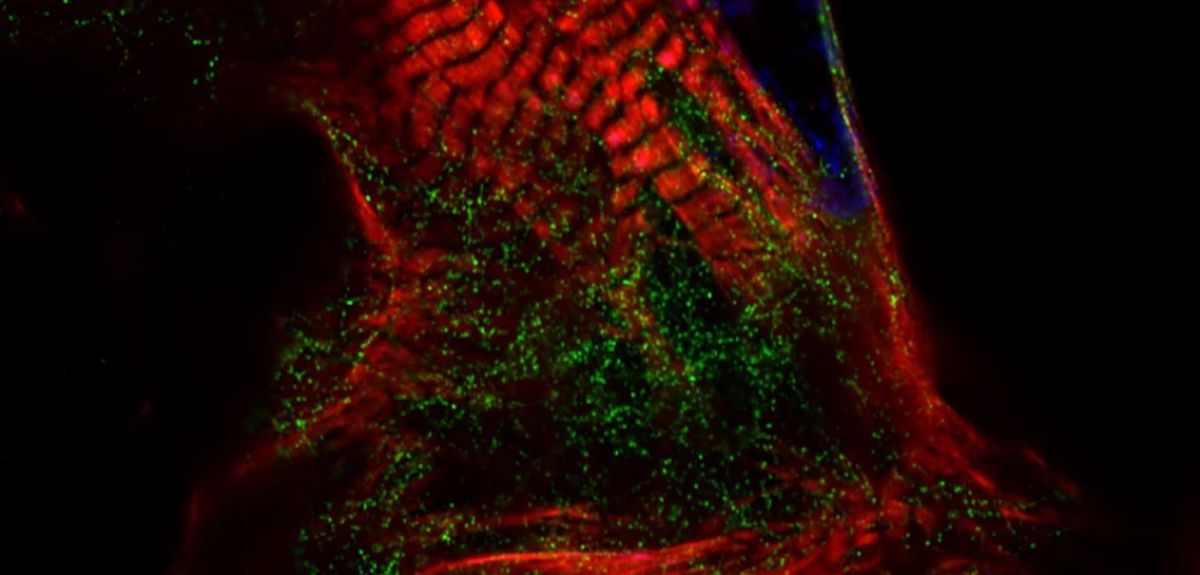Science & Technology, UK (Commonwealth Union) – Scientists from the Herring group in the University of Oxford, Department of Physiology, Anatomy and Genetics have formed a blood test that tracks stress hormone levels following a heart attack. The test that is priced at £10, can pave the way for patients to be provided with timely life-saving treatment.
Cardiovascular disease is the leading cause of death both in Britain and many parts of the world. Heart attacks are one of its key manifestations. In spite of the successful treatment of patients with heart attacks utilizing percutaneous coronary intervention (PCI), roughly a third do not do so well and many lead to death.
A new study conducted at the Herring lab indicates that routine testing for the stress hormone Neuropeptide Y (NPY) in the hours followed by a heart attack could possibly save thousands of lives.
NPY is produced by the brain and nervous system. It plays an important role in regulating stress and anxiety levels in the body. NPY is a member of a family of neuropeptides that include peptide YY (PYY) and pancreatic polypeptide (PP). These hormones are produced by specialized cells in the body and are involved in regulating a wide range of physiological processes.
A key function of NPY is to regulate the body’s response to stress. When we encounter a stressful situation, our bodies respond by releasing a cascade of hormones, including adrenaline, cortisol, and NPY. These hormones work in coordination to prepare the body for a “fight or flight” response, elevating the heart rate and blood pressure, dilating the pupils, and diverting blood flow to the muscles. This response is critical in helping us cope with acute stress, but chronic stress can lead to a range of negative health outcomes, including anxiety, depression, and cardiovascular disease.
Lead researcher Associate Professor Neil Herring says “Our previous research has shown that NPY is raised during a heart attack and local levels within the heart correlate with how well it recovers. What this new study adds is that high NPY levels, even when measured through a standard blood test from a vein, predict which patients go on to develop heart failure or die. This provides extremely useful information for doctors and we hope that developing drugs that target the receptors NPY acts on may really be game changing for this cohort of patients and the blood test could help spot those patients who may need it right from the start.”
The new study, funded by the British Heart Foundation and appeared in the American Heart Association journal, saw researchers evaluate the amount of NPY in the blood of 163 heart attack patients who received emergency treatment for opening a blocked blood vessel. Researchers discovered that 2 days following a heart attack, the smallest blood vessels in the heart stayed narrow in patients with the most NPY levels. MRI (Magnetic resonance imaging) scans conducted 6 months later observed that such patients had increased scarring in their hearts, resulting in an inability to pump blood efficiently.
Professor Herring further explained “This study identifies a ‘cut off’ value for the blood test which helps identify those patients that do badly after their large heart attack. Ideally, further studies should then test this cut off level in a different group of patients to ensure that it is robust in predicting heart failure and death. However, if successful, then it could be offered to all patients with large heart attacks undergoing emergency treatment.”
“We’re confident that, in time, this stress hormone will become an effective target for future treatments to reduce the life-limiting effects of a heart attack.”
The direct correlation between NPY and heart damage is likely to provide valuable new insights to cardiologists in treating heart attacks.








